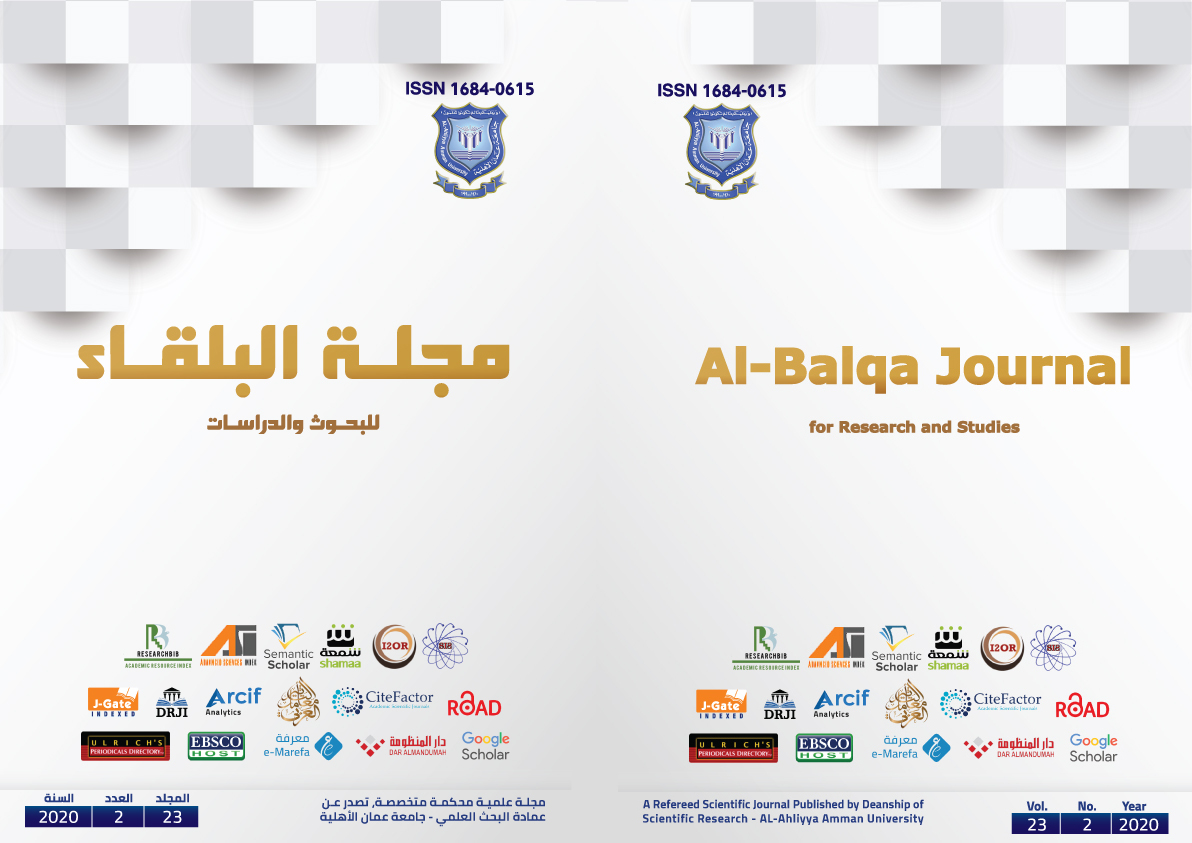Al-Balqa Journal for Research and Studies البلقاء للبحوث والدراسات

Abstract
The American Civil War(1861-1865) marked the initiation of Herman Melville one of Americas Most potent and original novelists into the realm of poetry . Melville’s new creative phase was firmly established with the publication of his anthology Battle-Pieces and Aspects of the war – the main focus of this study which set the tone for Melville’s subsequent career as a poet . This essay attempts in particular to explore the following : 1. In most of poems under analysis , Melville seems to have lived the turmoil of the civil war, and artistically transformed it . his power to generalized is based on particular knowledge and fidelity to historical fact and detail . 2. The civil war depend Melville’s sense of the widening gulf between history and the ideal . it seems to him that human idealism when unchecked ,inevitably leads to disaster. 3. Melville reactions towards the war concealed themselves within a rigid framework of an emphatically paradoxical ,dramatic , and tragic vision . 4. Melville tragic vision reveals itself not through antimonial imagery patterns, but also through stylistic and thematic contrasts which are further intensified by constant shifts in tone and diction . what merits mentioning is the fact that such shifts – which form Melville’s most characteristics verbal mannerism – are most effective when they create ironic effects . 5. It is in the juxtaposition of contradictory voices and points of view and in the variety of dramatic and ironic undertones in battel –pieces that Melville depart from the overriding subjectivity of nineteenth century poetry. Accordingly, he anticipates sensibilities which are to figure later in a great deal of twentieth century poetry .
Recommended Citation
A.Jalal, Mustafa
(2001)
"Melville the poet A study in the Civil War Poetry of Herman Melville,"
Al-Balqa Journal for Research and Studies البلقاء للبحوث والدراسات: Vol. 8:
Iss.
1, Article 6.
Available at:
https://digitalcommons.aaru.edu.jo/albalqa/vol8/iss1/6

